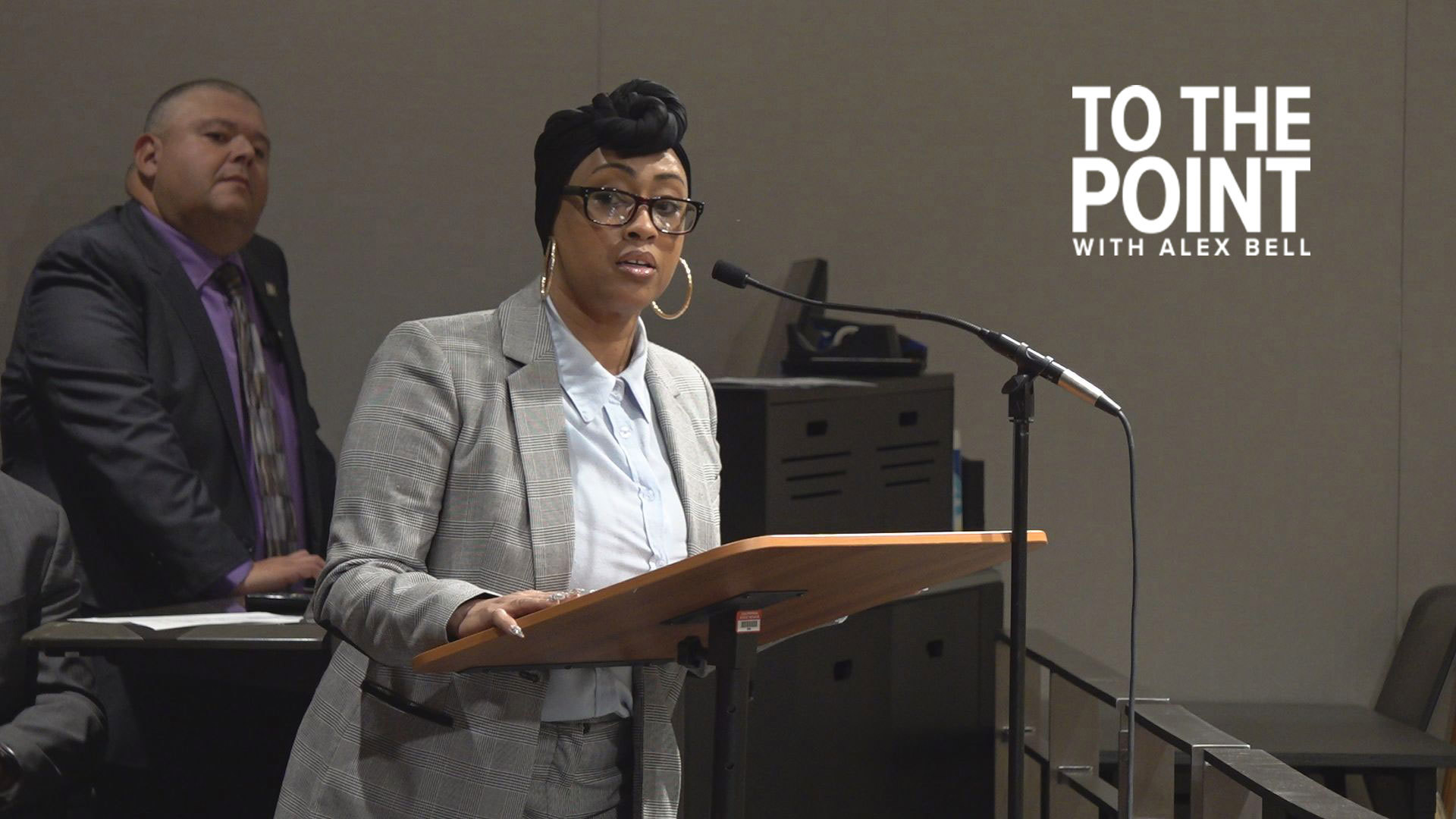SACRAMENTO, Calif. — An effort to end forced labor for inmates is underway. Advocates call it the ‘End Slavery in California Act.’
It’s a key legislative priority of California’s first-in-the-nation Reparations Task Force, and voters statewide could weigh in this November.
“Slavery, at its core, is forced labor to benefit another,” said John Vasquez, who was 16 when he was sentenced to more than 30 years behind bars. “I ended up serving 25 years of that, and I’ve been home for a little over five years now.”
Vasquez is now advocating for ACA 8, introduced by Democratic Assemblymember Lori Wilson. That’s an Assembly Constitutional Amendment.
Currently, California’s constitution says, “Slavery is prohibited. Involuntary servitude is prohibited except to punish crime.”
It’s that last part – “except to punish crime” – that advocates like Jamilia Land want to change. She is co-director of state operations for the Abolish Slavery National Network, as well as co-founder of the Anti-Violence Safety and Accountability Project.
“If that doesn’t sound like legalized, constitutional slavery to you, I don’t know exactly what that sounds like,” she said, testifying Tuesday before the Senate Public Safety Committee.
The committee granted ACA 8 a key hurdle, passing it on to the next committee.
Land said prisoners make just pennies per hour and have no choice over their work assignment.
“Incarcerated people in the state of California make all of the office furniture that is inside of this building,” Land said, gesturing around her at the Capitol Swing Building, where lawmakers’ offices are located. “They make the road signs… These glasses that I am wearing, I got through the UC Berkeley optometry department. I asked them to give me the sheet of where it came from: CALPIA. The glasses on my face were produced inside of a California State Prison.”
Ultimately, Proponents of ACA 8 want California voters to decide whether to amend the state constitution to say, “Slavery in any form is prohibited. As used in this section, slavery includes forced labor compelled by the use or threat of physical or legal coercion.”
It would need two-thirds approval in both the Assembly and State Senate and then would go before California voters in November’s election.
Many of these advocates tried passing a similar constitutional amendment a couple of years ago — ACA 3 — but it ultimately died in the State Senate.
This time, the proposal has the support of the California Democratic Party.
Democratic Senator Steve Glazer said he’s in favor of a constitutional amendment, but he’d like any change to come with clarifications.
“Things that go to the basic operations of the prison, I think they should be required to work,” Glazer told ABC10 Tuesday. “I don’t support penalties against inmates if they decline to work… And, by the way, for some of the jobs in prison, they pay too little.”
ABC10 asked if he would vote for ACA 8 in some amended form.
“As long as it defines what it means for an inmate in the prisons: what would be required and what would not be required. And as long as the basics in a prison — like hygiene and safety and food service — as long as those things are covered and taken care of, I think we can find a middle ground in her bill,” he said, adding that he is working with the author of the bill.
“I want to eliminate slavery and involuntary servitude from our constitution, but we can’t have a situation where the inmates are running the institution, that they can go on strike and stop food from being cooked and things from being cleaned," Glazer said. "So we have to find the right balance in this legislation.”
ACA 8 advocates say — incarcerated people want to work. They just don’t want to be forced to work, with no say in their work assignment.
“The assumption that prisons will stop running if you don’t force people to work — is simply a myth,” Vasquez said. “I was on a job waiting list for over three years, just waiting to get a job. And I wanted to work because I wanted something to do. Most people inside, they just want something to do to get off their cell.”
Similar language exists in the U.S. Constitution and similar efforts are underway to change that too. Currently, the 13th Amendment bans slavery and involuntary servitude, “except as punishment for crime….”
Meanwhile, a number of states have changed their constitutions to abolish all forms of slavery, including Colorado, Utah and Nebraska.
“I think that this is one of the most important pieces of legislation in our time,” Land said. “How are we continuing to even think about having a conversation around reparations in a state where slavery is still legalized?”
“This is a very real issue affecting very real people, and even though it’s not maybe impacting them or someone they know personally, this is a human rights issue,” Vasquez said. “We’ve got to get rid of slavery in California. This state is better than that. We’re better than that. We deserve it. Our children deserve it. The next generation deserves that.”
WATCH ALSO:



















